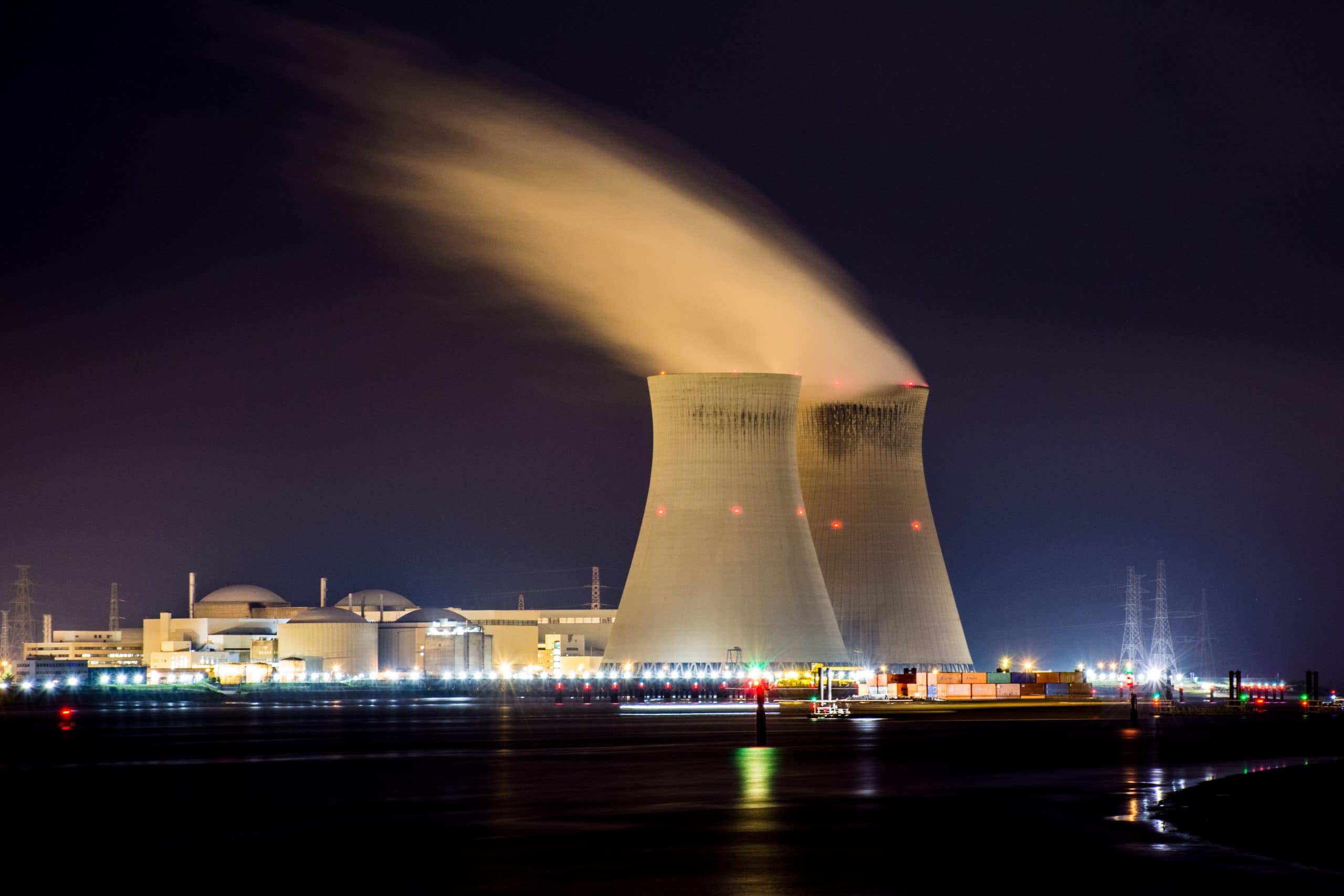According to an article published by Francesca McCaffrey at the MIT Energy Initiative, there are real benefits to policy changes that would permit a nuclear option to help with deep carbon emissions reductions. In fact, she questions:
How can the world achieve the deep carbon emissions reductions that are necessary to slow or reverse the impacts of climate change?
Authors of a recent study from MIT say that unless nuclear energy is incorporated into the energy mix globally, the world will face a larger issue in fending off climate change.
In “The Future of Nuclear Energy in a Carbon-constrained World,” released by the MIT Energy Initiative (MITEI), authors analyze the reasons for the current global stall of nuclear energy capacity. The authors also go on to share what could be done to promote the use of nuclear. Nuclear energy currently accounts for only 5% of global primary energy production.
Study co-chair Jacopo Buongiorno, the TEPCO Professor and associate department head of the Department of Nuclear Science and Engineering at MIT, said:
Our analysis demonstrates that realizing nuclear energy’s potential is essential to achieving a deeply decarbonized energy future in many regions of the world. Incorporating new policy and business models, as well as innovations in construction that may make deployment of cost-effective nuclear power plants more affordable, could enable nuclear energy to help meet the growing global demand for energy generation while decreasing emissions to address climate change.”
The article goes on to explain more of the economic benefits that governments can realize:
“The role of government will be critical if we are to take advantage of the economic opportunity and low-carbon potential that nuclear has to offer,” says John Parsons, study co-chair and senior lecturer at MIT’s Sloan School of Management. “If this future is to be realized, government officials must create new decarbonization policies that put all low-carbon energy technologies (i.e. renewables, nuclear, fossil fuels with carbon capture) on an equal footing, while also exploring options that spur private investment in nuclear advancement.”
The study concludes with an examination of the current nuclear regulatory climate, both in the United States and internationally. The analysis notes that there are significant differences in the social, political, and cultural views on nuclear energy from country to country. While the opinions on the use may vary, the study does point out that the basis for assessing the safety of nuclear reactor programs is fairly uniform.
It would seem that clean nuclear energy could be a real alternative to dirtier fossil fuels that are warming our planet, but will countries and communities see it the same way? We will have to see.
Reality Changing Observations:
1. Do you believe nuclear energy should be used to reduce carbon emissions?
2. How do you think nuclear could be added into the energy mix in a safe way?
3. Would you live near a nuclear reactor?





